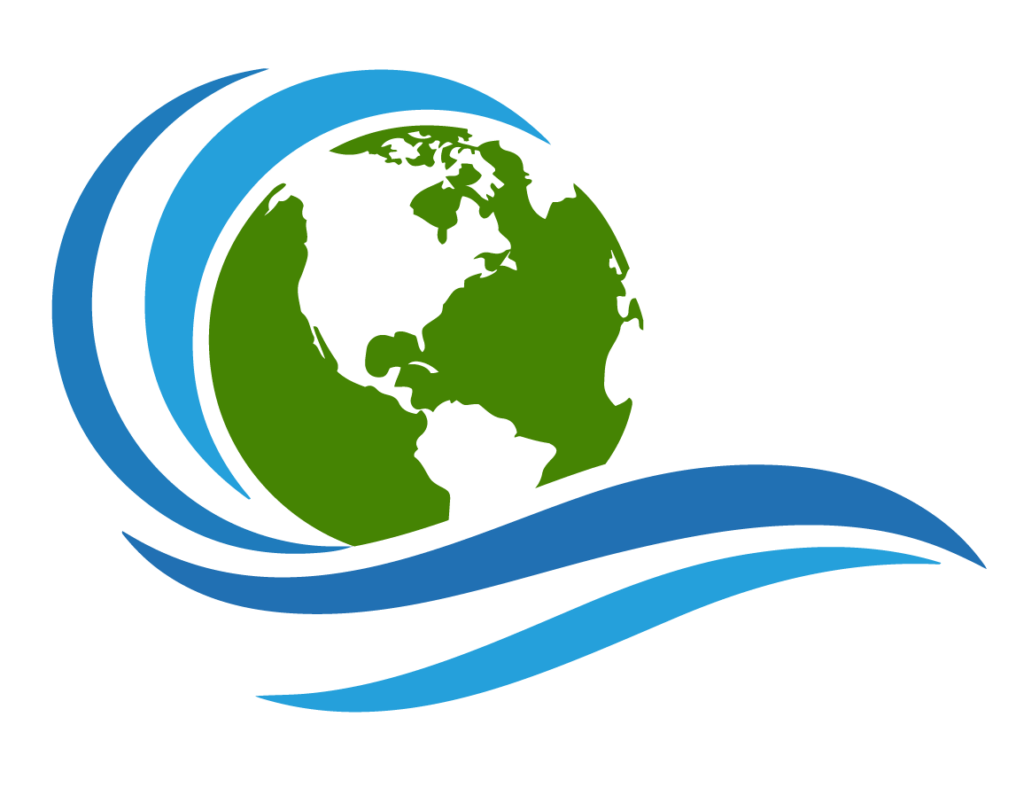Many of us grew up with the notion that there was an endpoint or a finish line to our education. We believed that our journey into adulthood would come with wisdom. And we were a little unnerved to find that as we grew older, the Goal Post for competence keeps moving. With unlimited access to information in our digitally-connected world, we’re changing the way that we think about self-development.
In the corporate world, you’ll hear buzzwords like ‘culture of learning’ and ‘growth mindset.’ The professional world is embracing the idea that there is no limit to the potential of human talent. We’re learning that as we erase one boundary, the next innovation lies just on the other side of what we once thought was possible. And the race to discover the next big thing is fueled by big investments in personal growth and lifelong learning.
What is Life Long Learning, Exactly?
Lifelong learning refers to a self-directed journey of personal growth. People who embrace the idea that there is always more to learn will seek out opportunities above and beyond the structure of formal learning programs. Through learning, these individuals improve their self-confidence, build new skills, and reach new potential by exposing themselves to new information. Lifelong learning is essentially a mindset that anyone can adopt to improve their competence, skills, and performance.
How to Get Started
Changing your mindset about learning is really about forming new habits. You can take small steps, one at a time, that help you build momentum over time. To get started, you need the ambition to change and a little direction.
Take an inventory of your current skills and where you would like to go, and sketch out some possibilities for what you would like to focus on. Make a list of topics that interest you and set aside some time in your regular daily or weekly schedule to commit to learning something new.
Here are three simple steps that you can take to get started right now:
1. Read More
2. Develop a Habit of Asking Why
3. Take Time to Reflect
Make Your Content Count
You control the content you consume. While it’s mindless and entertaining to scroll through memes, it’s not productive from a growth standpoint. We all have the same number of hours each day, but we don’t all make good use of those hours. If you want to learn, all you need to do is read more quality content from reputable sources. Listen to podcasts from thought leaders. And watch videos with credible content.
Professional Organizations & Industry Insights
Look to the leaders in your industry first. There are tens of thousands of reputable professional organizations like the Society for Human Resouce Management (SHRM), The American Academy of Pediatrics (AAP), or the American Payroll Association (APA.) These organizations publish blogs, podcasts, reports, and much more.
They’re designed to make professional development fluid by providing courses, certifications, and networking events. So, really they’re perfectly primed to be your go-to educational resource. Other organizations that focus on providing industry research can be a good source of reports on trending topics like McKinsey & Company and LinkedIn. If you are looking for Technology based all the Cloud Providers will have tons of blog posts or links to customer studies. These are fascinating not just because of the technology part, but because it shows how business trends are changing with the influence of technology.
Dig Deeper with Journal Articles & Scholarly Research
The academic community can be a great source of credible research as long as you understand the inherent limitations of how the research is conducted. The good thing about academic research, the type that is often published in professional journals, is that the entire experiment including methods, hypotheses, and results, is provided in full detail. While newspapers and magazine articles are easier to read, they are almost always written from biased perspectives. The research behind the articles will provide better information.
Exercise Your Critical Thinking Skills
One big downside to the academic model that we’re funneled through is that it’s designed to be standardized and efficient, and it actively deters the development of critical thinking skills. Many of us never fully develop our critical thinking skills. And that by itself keeps us ignorant. We all learn to accept the written word as fact, especially when it comes from a source that is deemed credible.
If you want to learn, change your habits to make yourself more inquisitive. Start by asking ‘why’ after you read something. This small habit will lead you to process new information on a deeper level. Instead of simply accepting the new information, you’ll begin to assess its merit and weigh it against your personal values to develop a unique opinion or point of view.
Take Time to Reflect
Another trendy topic these days is mindfulness. A lot of people are circulating ideas about how to be more present in your life. These habits can help you learn as you process new information and become better at retaining what you learn. The format doesn’t matter; it’s really about taking a few minutes to think about what you’re learning and making the neural pathways that connect that learning to real life.
Every time that you read an article or listen to a podcast, take five minutes to think of ways that the new information applies to your life. You can meditate, journal, or dictate your thoughts. Use any format that is comfortable for you. The point is to simply draw those connections between what you’ve learned and how it’s useful in your life.
The Takeaway on Lifelong Learning
The future of the working world will rely on human talent at its full potential. As automation takes over mundane tasks, human talent will rise to the top to infuse creativity and innovation and solve complex problems. And that future belongs to people who are willing to invest in themselves and embrace lifelong learning. It’s time to let go of the idea that there is an endpoint to our education and explore what is possible as we continue to challenge ourselves.





